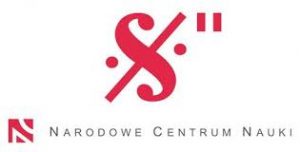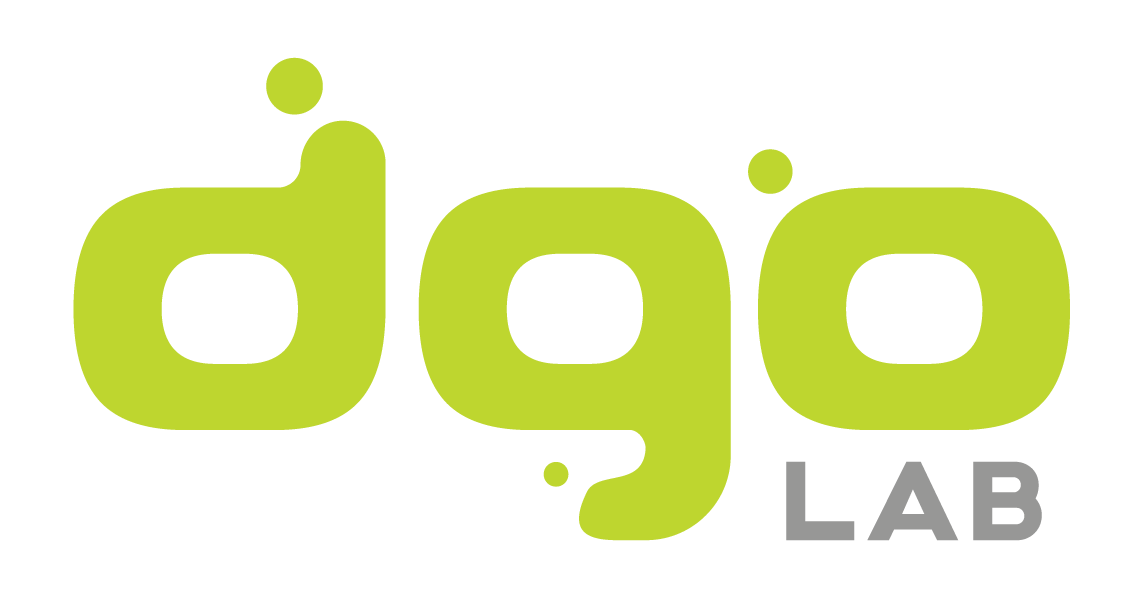- The role of skin-derived small extracellular vesicles (sEVs) in the progression of allergic march and novel vesicle-based preventive strategy
In this project we are testing the contribution of skin-derived small extracellular vesicles (sEVs) in the induction of inflammation in the lungs, contributing to the progression of allergic march and asthma. We are using an animal model for this purpose, since the process of allergic march encompasses both local and systemic changes, including from different organs and tissues. As a part of the project, we also hope to design a sEV-based strategy to affect this process. The results of our work will benefit allergic patients, clinicians and the scientific community.
The project is carried out in collaboration with the University of Oxford, Technical University in Gdańsk, Tricity Animal Facility at the Medical University of Gdańsk and Altium International Sp. z o.o. (a commercial partner).
The funding was obtained within the FIRST TEAM programme of the Foundation for Polish Science co-financed by the European Union under the FENG Programme (Fundusze Europejskie dla Nowoczesnej Gospodarki; The European Funds for Smart Economy 2021-2027).
Overall project value: 3,999,968 PLN (ca. € 930,000); FENG.02.02-IP.05-0332/23.

- Smart antigen provision for efficient induction of allergen tolerance
Project awarded under Sonata BIS call by Polish National Sciences Centre (NCN) within Sonata BIS 9 programme
Project value: 3 824 800 PLN (ca. € 900,000).
2019/34/E/NZ6/00354

- Keratinocyte-derived exosomes in the induction of allergy and tolerance to environmental allergens
The project aims to elucidate the contribution of vesicle-mediated cellular communication stream between keratinocytes in the epidermis and immune cells, with relevance to allergy and skin disease. The second part aims at designing and testing vesicle-based platform to manipulate immune response.
The project is carried out within the FIRST TEAM programme of the Foundation for Polish Science co-financed by the European Union under the European Regional Development Fund.
Overall project value: 5,331,550 PLN (ca. € 1,200,000), including separate equipment grant and collaborative grant (with Prof Jonathan Heddle) and a COVID-19 grant.
POIR.04.04.00-00-21FA/16-00

